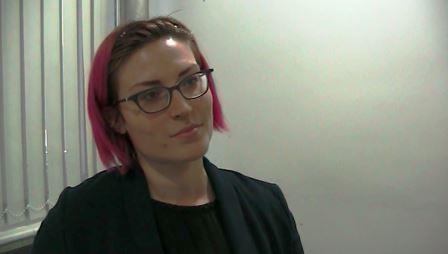Using the Media to Publicise your Research
23 January 2017
Cohort 2 researcher Melanie Zimmer attended 'using the media to publicise your research' course at Loughborough University.
I never thought about using the media as a way of promoting my research. But on the 18th of January, I attended a workshop in the Graduate House just on that. The session was held by two ex-BBC journalists and was aimed at demystifying this particular channel of communication.
During this one-day workshop, we covered different topics ranging from the various types of media that exist, to understanding that journalists are not really interested in your research as such - but in a good story. A good story, or a pitch to media, is characterised by the following:
- Relevance to the audience (so what?)
- Unusual, unique
- Facts
- Scandal, conflict
- Topicality
- Human interest
Although this workshop was tailored to media, the knowledge we gained can also be transferred to other areas - it is always important to understand your audience and to get the right message across.
When it comes to understanding your audience, it is also important to understand what your audience judges your interview (or presentation, etc.) on. So be clear on (1) What you say, (2) How you say it (your personality), and (3) How well you understand and address the needs, concerns and prejudices of your audience.
Exposing your research through media might be a good way of leading to new funding channels and collaborations. But especially when you consider exposing your research through media for the first time, it might be best to get your University Press Office involved as you can get additional advice from there. Another way of getting your research published to a wider audience could be through https://theconversation.com/uk. The Conversation is a not-for-profit media outlet sourcing content from the research community and providing editorial support.
Some more general advice also includes:
- Before an interview, take the time and google your topic under the news section to see what is currently going on in this field.
- Create a fact sheet with general information on your topic area.
- If filming is taking place at your office, inform your environment beforehand and keep a clean desk.
The workshop also contained a practical training session for us, where we individually got interviewed by one of the journalists for two times 3 minutes – only the first question being made available to us beforehand (As a note: be prepared to be asked questions about costs and when your research will be available!).

It felt quite uncomfortable to be put on the spot like this, but it was a great experience to go through such a situation as the sessions were recorded and we received instant feedback by the experts and the other peers.








